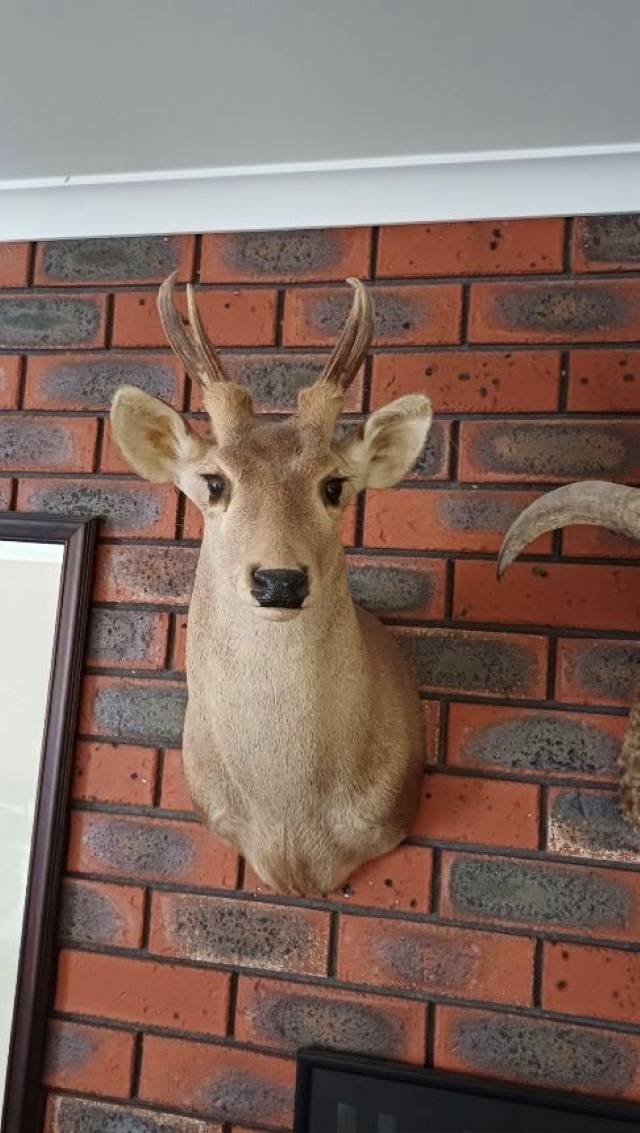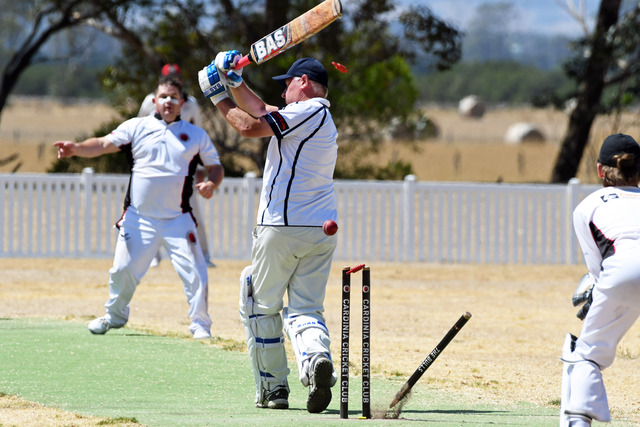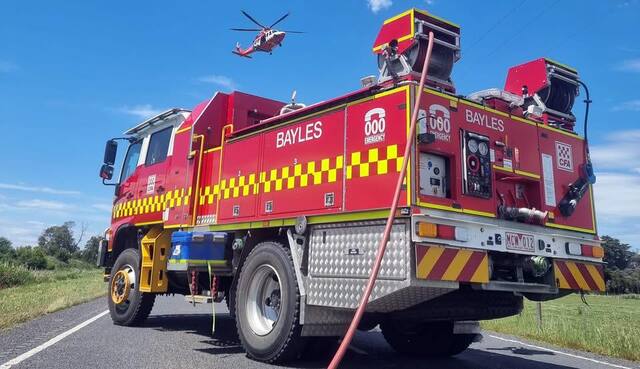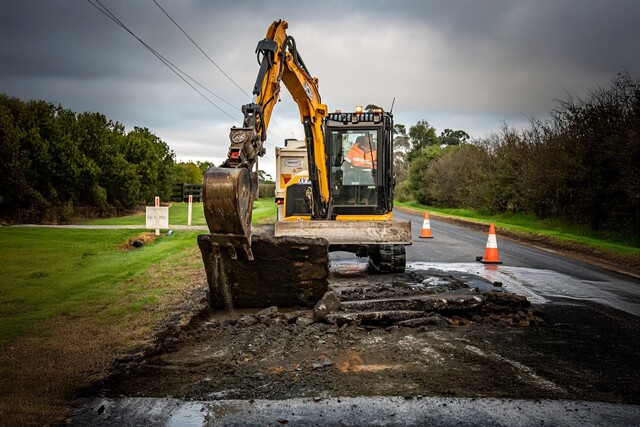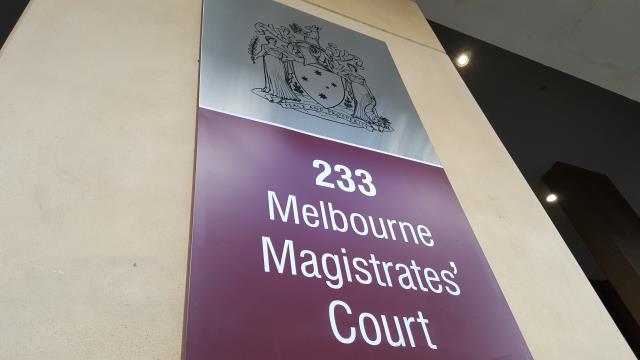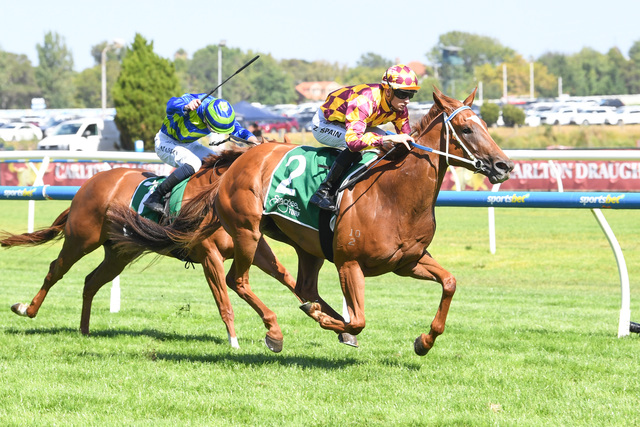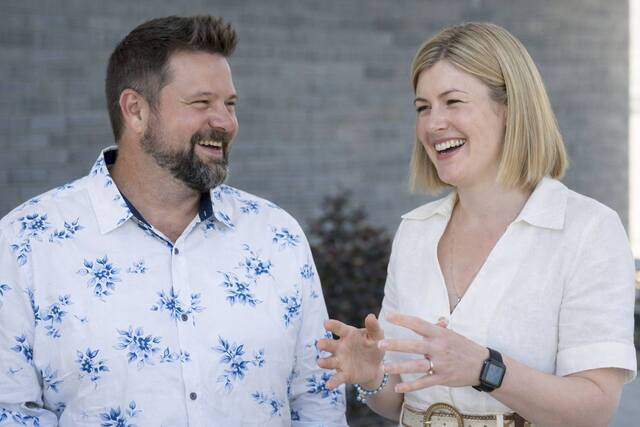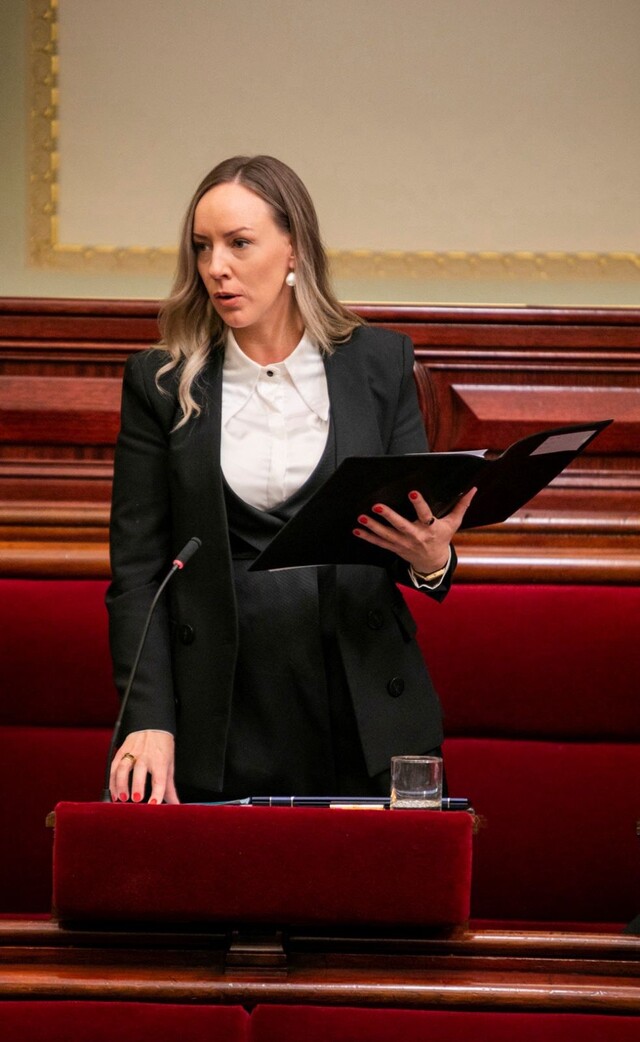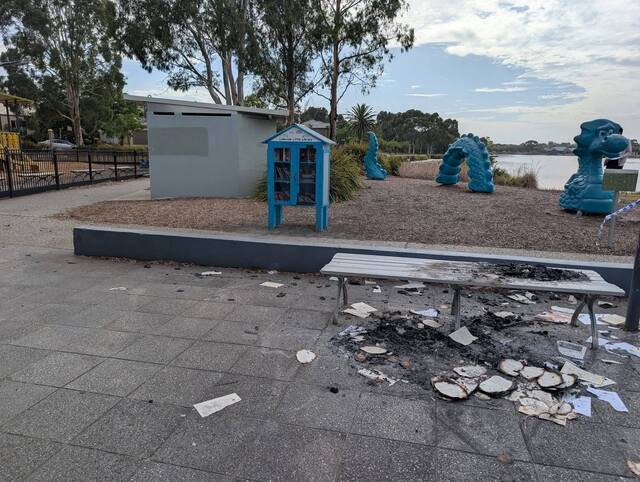You hear it all the time: “We’re not racist, we just want to protect the environment.”
And yet, planning rejections for places of worship — temples, mosques, gurdwaras — across Melbourne’s Green Wedge zones are stacking up like dominoes.
First the mosque in Narre Warren North.
Then the Hindu temple in Pearcedale.
Next?
The stated reasons are always the same: biodiversity, noise, traffic, native flora.
But let’s be real — is this truly about trees and traffic?
Or something deeper?
Because if you listen closely to the voices behind the objections, you’ll often hear something else: fear.
Fear of change.
Fear of being outnumbered.
Fear of difference.
Australia is not short of land.
It is not short of engineering solutions for parking, traffic, or acoustic concerns.
What we’re short of is trust.
We live side by side, but not together.
We attend festivals but don’t talk to our neighbours.
We “tolerate” other cultures, but rarely celebrate or understand them.
And when a temple or mosque is proposed in a previously Anglo suburb, objections pile up.
But so does resentment from ethnic communities who feel vilified, rejected, and misunderstood — again.
Let’s be clear: bad behaviour exists on both sides.
As one Hallam resident shared with us: “They parked across my driveway, left rubbish, were yelling late at night after prayers.”
These experiences sour goodwill and confirm stereotypes.
But should the actions of a few ruin connection for all?
We have a right to protect the Green Wedge.
But we also have a duty to protect the soul of our suburbs.
This isn’t just about temples or trees.
It’s about who gets to belong.
If churches can be built quietly in green zones, why not gurdwaras?
If Italian clubs and footy ovals exist in semi-rural zones, why not community halls for Diwali or Eid?
We’re not asking for blind approval.
We’re asking for balanced, bias-free dialogue.
We’re not saying all opposition is racist — we’re saying some of it is, and we must be brave enough to name it.
Governments need to stop handing out cheques to tick diversity boxes. Instead:
– Empower communities to raise their own funds, but provide land solutions that work — not just throw them into the middle of a protected wedge and let the fight begin.
– Mandate cultural education (CQ) in councils, schools, and planning bodies so decisions reflect understanding, not fear.
– Showcase ethnic economic impact — highlight the tax paid, jobs created, and service delivered by Australia’s diverse communities.
– Stop “Harmony Day” lip service — replace it with year-round, localised programs that create real contact between cultures.
One proposal is a “Know Your Neighbour” campaign.
A state or even nationwide campaign that rewards schools, workplaces, and streets for genuine community connection.
This could include:
– Neighbour Challenges – How many neighbours can you name and connect with?
– Local Meet-Ups – Councils run “Street Conversations” with tea, food, and story-sharing.
– Corporate-Sponsored BBQs – Telcos, energy companies fund and host neighbourhood events.
– Schools host “Family Fusion Fairs” – Where students showcase their parents’ culture and build bridges across generations.
Let’s turn diversity from a talking point into a living experience.
Because the Green Wedge doesn’t just need protecting from development — it needs protecting from division.
Let’s fight for both.


